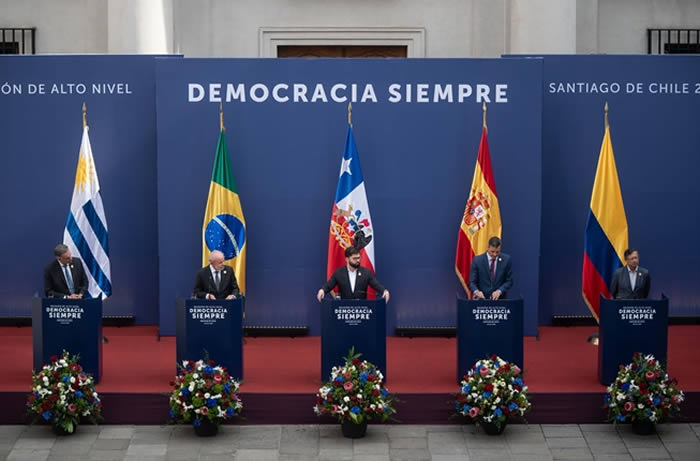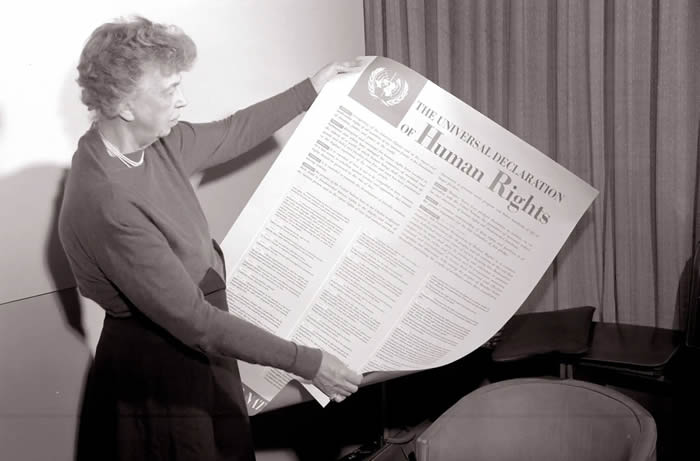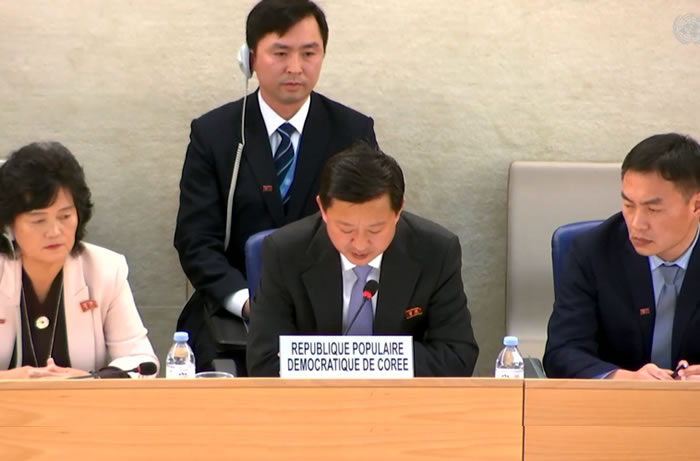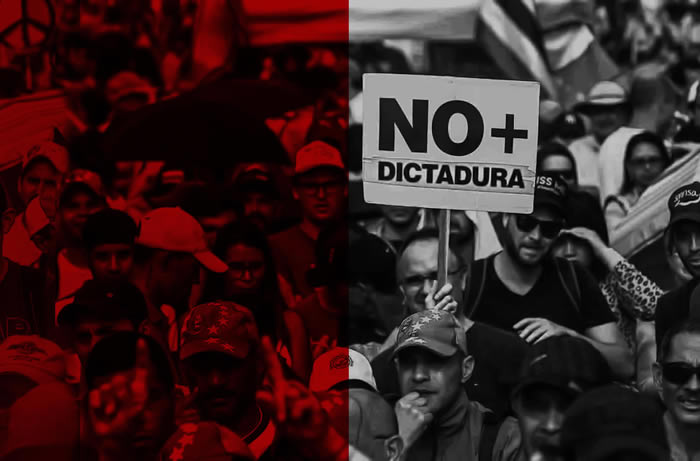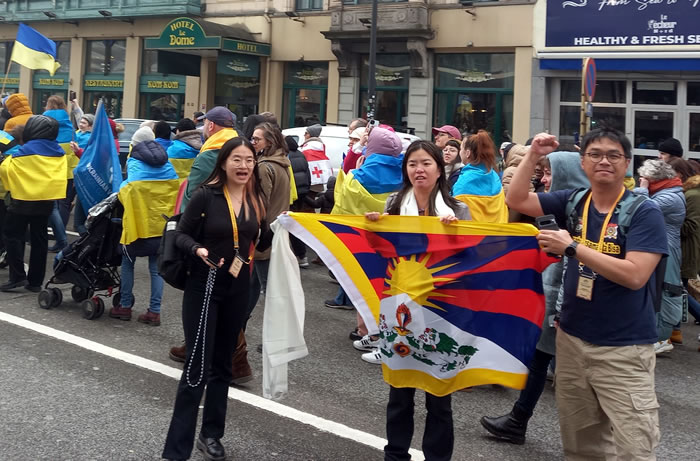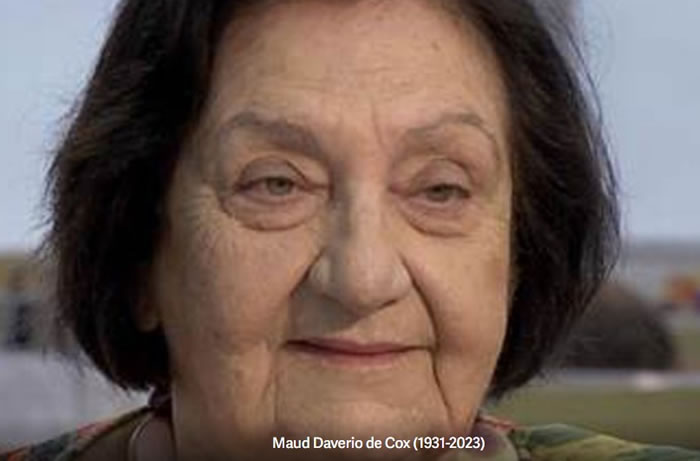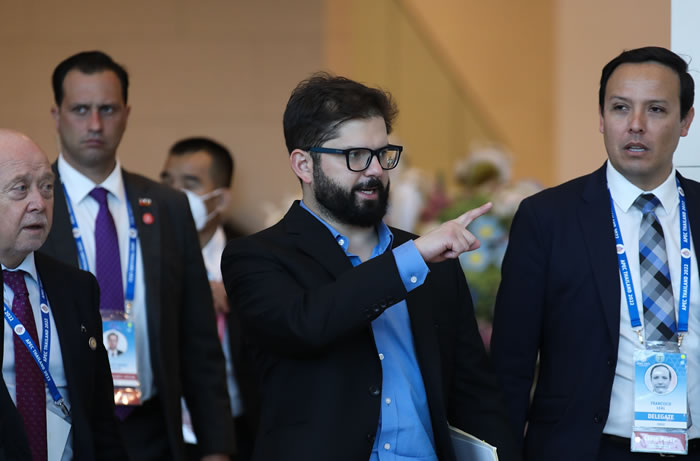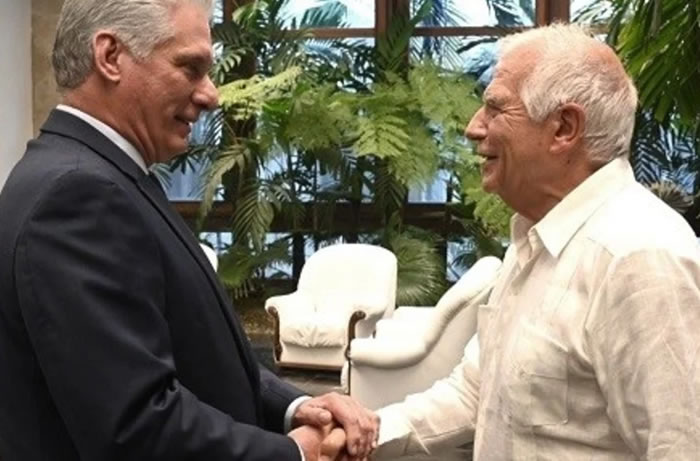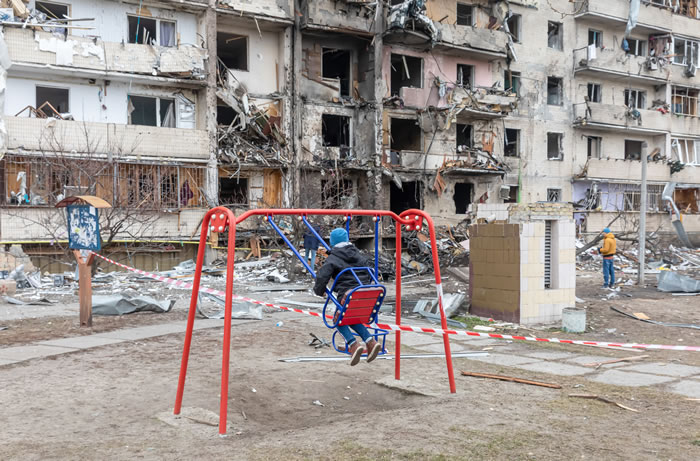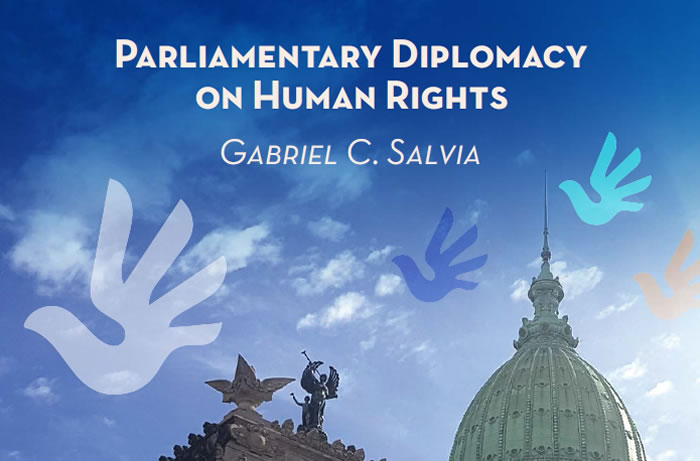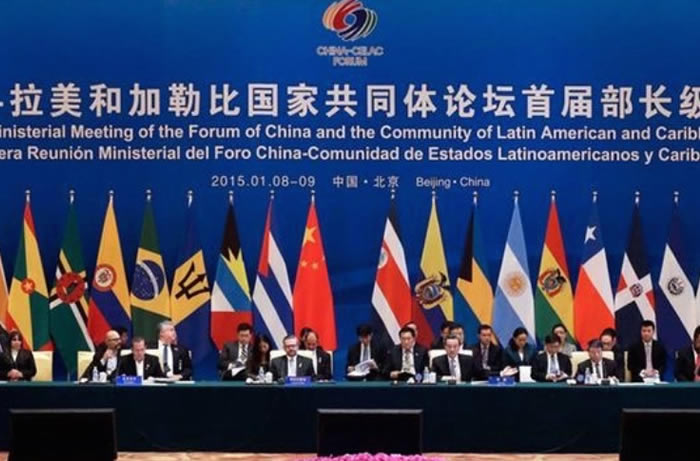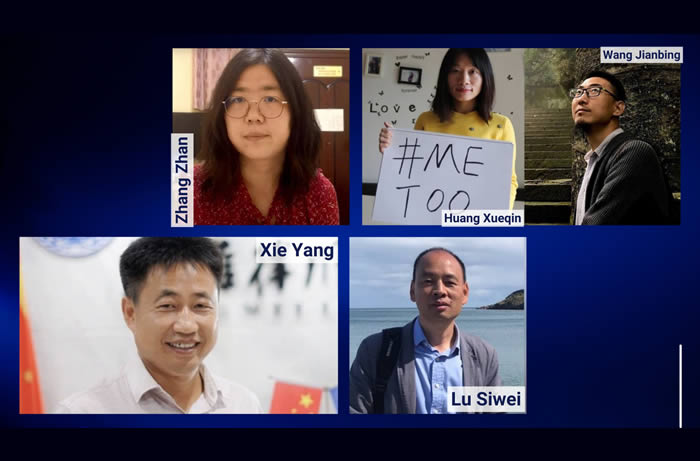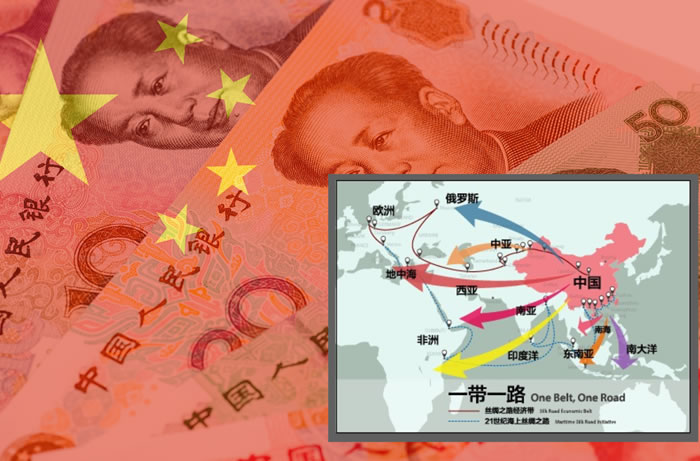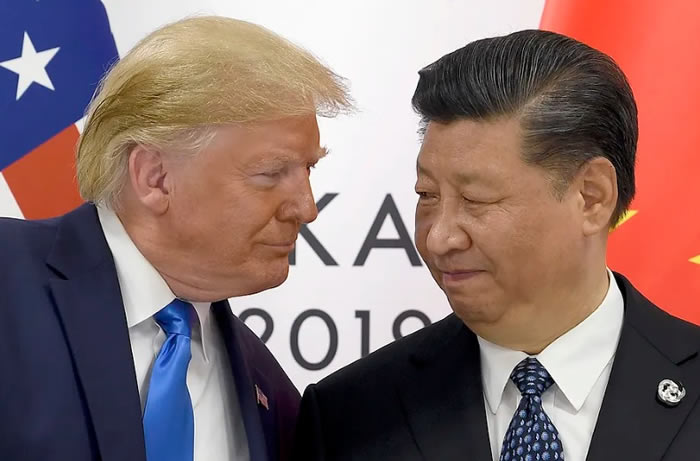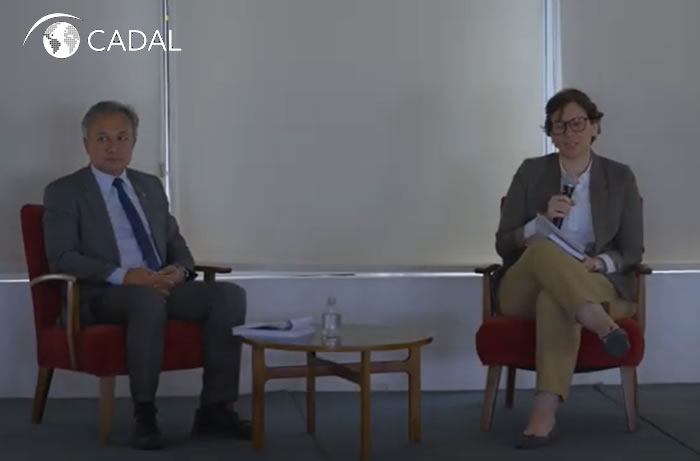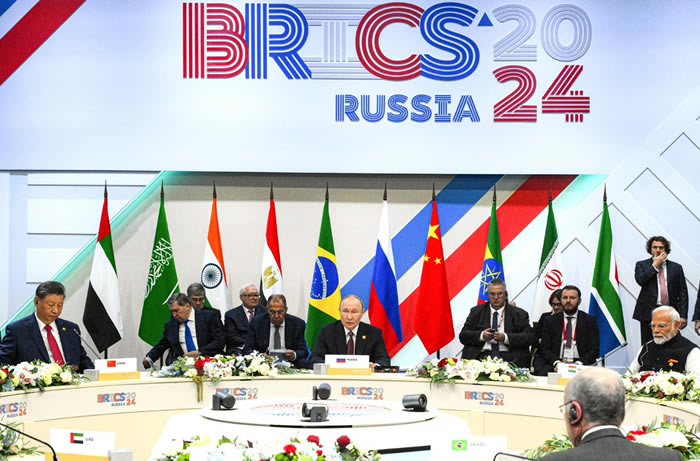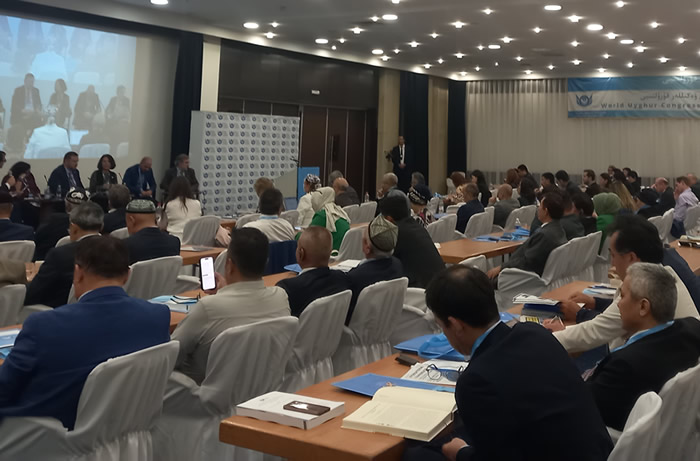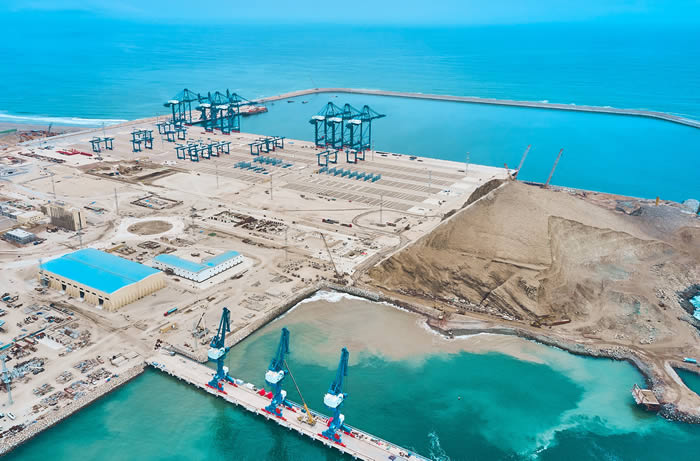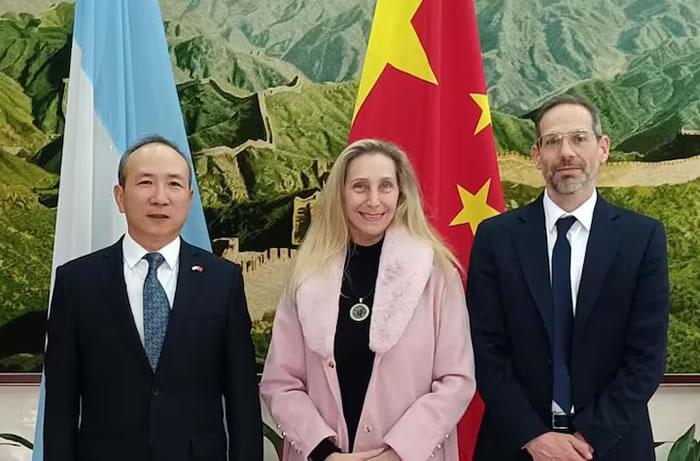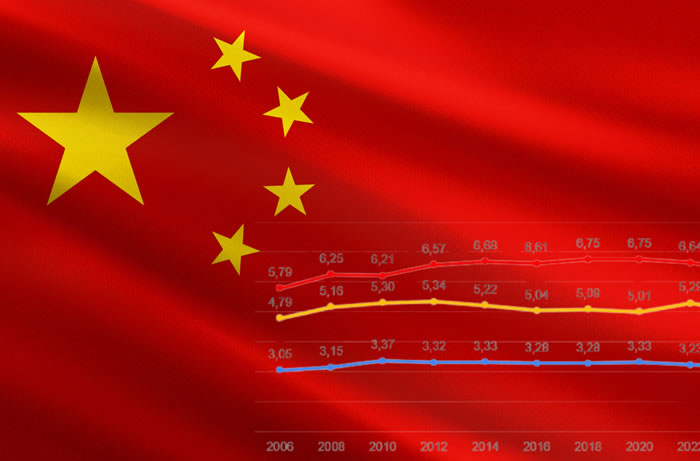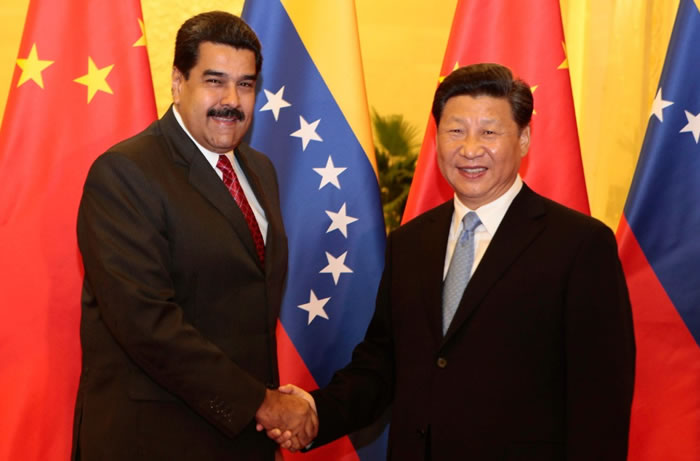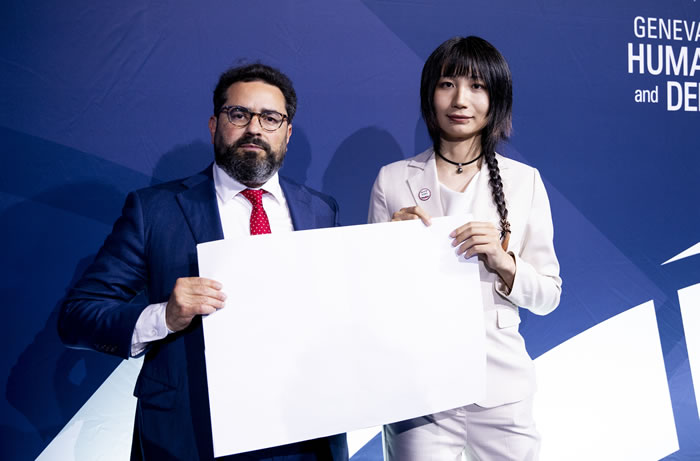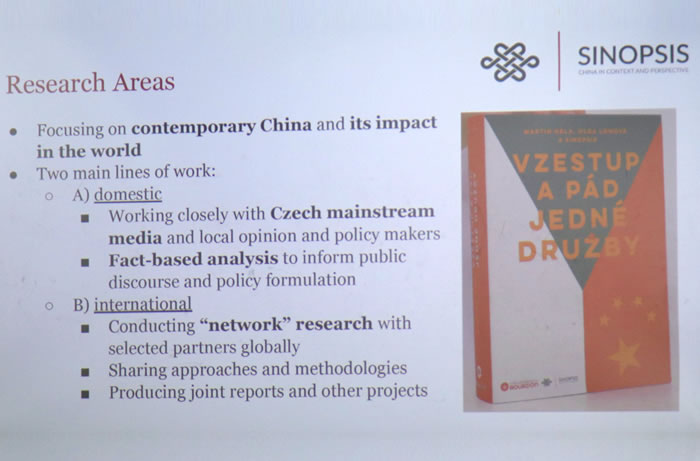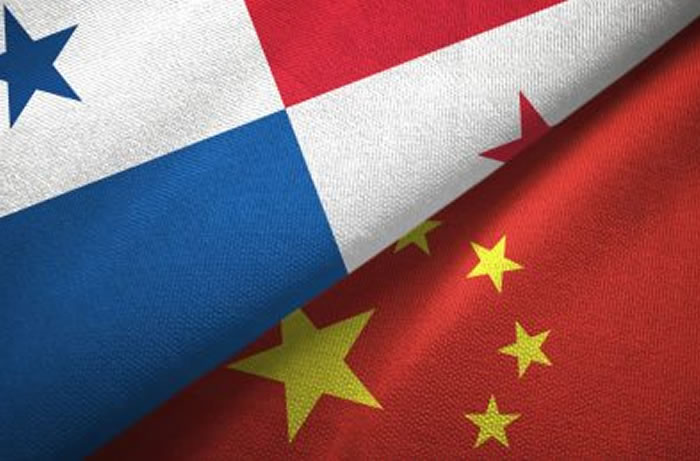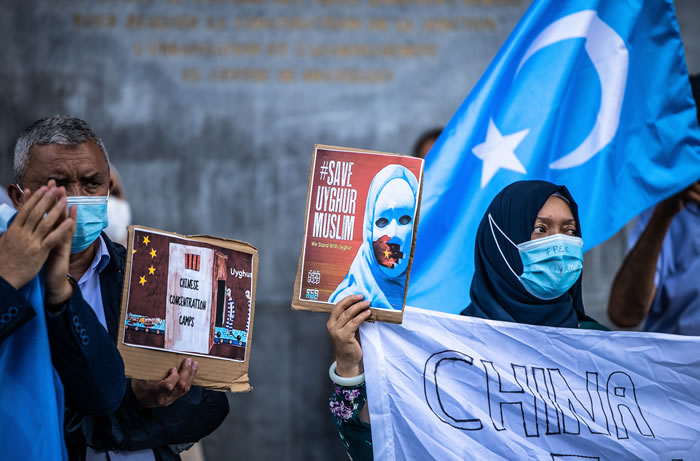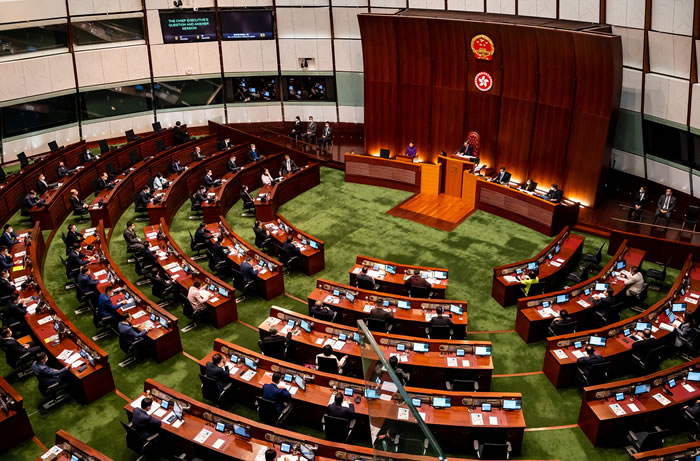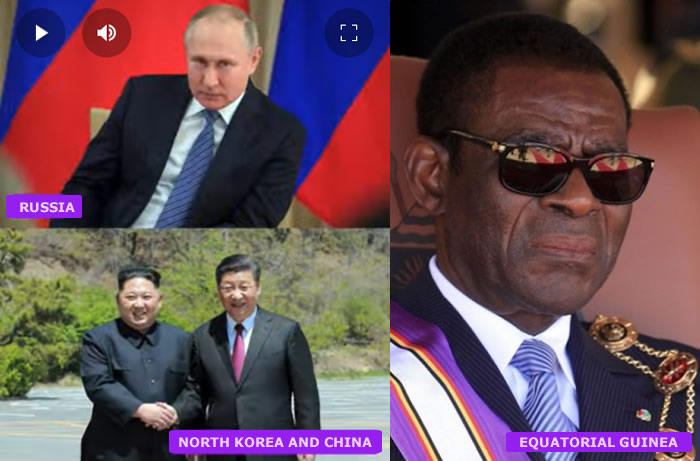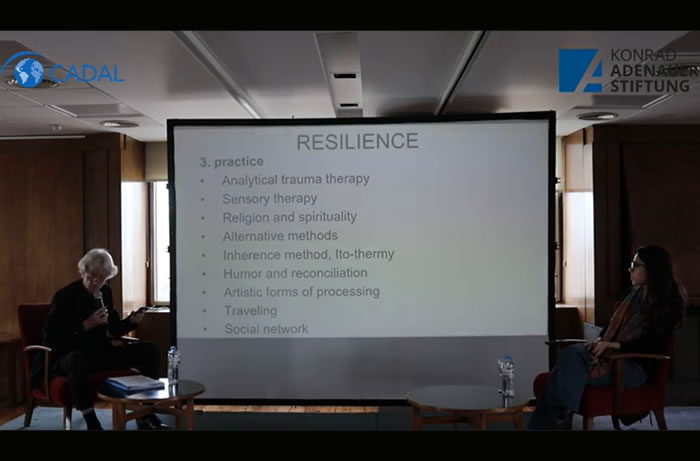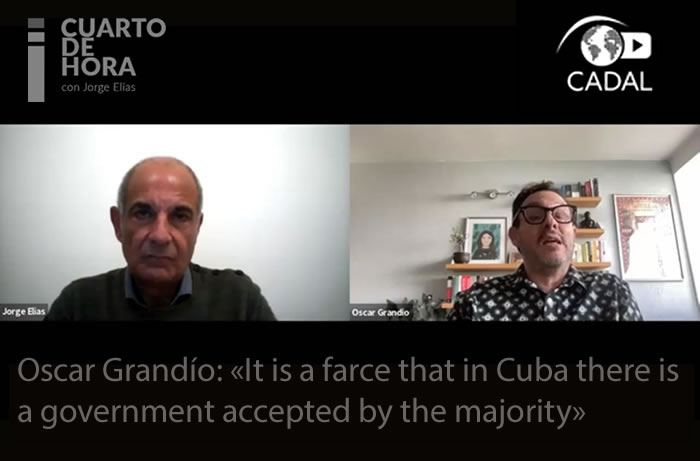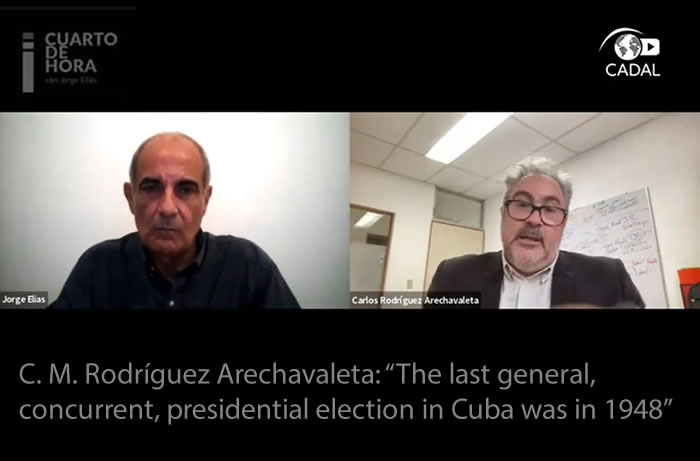Articles
The Sinic Analysis
 01-09-2025
01-09-2025Parliamentary diplomacy: from libertarians to Kirchnerists, seduced by China
Despite the change of government in Argentina and the ideological differences between libertarianism and a communist dictatorship, parliamentary exchanges continue.
By Gabriel C. Salvia
According to what was published on the website of the Chamber of Deputies of Argentina, legislators from different parliamentary blocks that are part of the Parliamentary Group of Friendship with China, recently visited the People's Republic of China invited by that country's Assembly of People's Power.
The Argentine delegation was headed by the president of the group, Congresswoman Juliana Santillán (La Libertad Avanza), and Congressmen Damián Arabia (PRO), Martín Ardohain (PRO), Juan Marino (Unión por la Patria), Oscar Agost Carreño (Encuentro Federal), Julia Strada (Unión por la Patria), Natalia Sarapura (UCR) and Yolanda Vega (Innovación Federal).
Thus, despite the change of government in Argentina and the ideological differences between libertarianism and a communist dictatorship, this type of parliamentary exchanges, which never encountered the typical divide of Argentinian politics (“la grieta”), continued.
In other words, the differences between Kirchnerism and the Cambiemos coalition, for example, did not extend to the relationship with China. In fact, the PRO as a party has an exchange agreement with the Communist Party of China, and several members of the Unión Cívica Radical are close allies of the world's largest dictatorship.
This recent “dialogue” meeting between Argentine legislators from different political blocs and authorities of the Chinese autocracy represents the first institutional trip to the Asian giant by Argentine politicians during the government of Javier Milei, who ironically accuses all his critics of being “communists”, as does his “digital armed wing” in the social networks.
At this meeting, the CCP regime sought the support of Argentine legislators for the One China Principle while the Argentine side sought the support of the Asian giant for the claim of sovereignty over the Malvinas Islands.
According to the testimony of one of the members of the delegation, during their stay in China they were unable to access Whatsapp or Google, except by using VPN, and the hosts did not respond to their request to visit Tianamen Square, the site of the historic protests of June 1989 that the Chinese dictatorship is trying to erase from its history.
The hosts were pleased that the visit of the Argentine deputies was made up of a cross-section of different legislative blocs, ruling, allied and opposition, despite the fact that the CCP government criminalizes political pluralism.
However, the press release from the website of the Chamber of Deputies informed that “the Chinese authorities expressed their satisfaction with the reforms initiated by the administration of the President, Javier Milei, and agreed on the importance of defending free trade without restrictions of any kind”.
If this was so, what was the reaction of the two Kirchnerist deputies who were part of the delegation? Did the piquetero legislator complain about the restriction to the right to protest of Milei's government before representatives of a dictatorship that directly criminalizes it?
The performance of the president of the group, the libertarian deputy Juliana Santillán, was striking. She intervened in the exchanges with representatives of the Chinese regime by reading texts prepared by her advisors and previously approved by the hosts. In some meetings, in which touchy issues could be raised, Santillán was the only one in the Argentine delegation who intervened obediently, without causing uncomfortable situations for the Chinese autocracy.
Concerns were also raised from the Chinese side, such as the closure of the Banco Nación branch in Beijing, the questioning in Argentina of the Chinese military base in Neuquén and the alignment of Milei's government with the United States.
Of course, the meetings did not discuss human rights, the situation in Tibet or the Uighurs in Xinjiang, nor the repression in Hong Kong. Nor did they discuss China's support for the Venezuelan dictatorship, as one of the few countries that recognized Nicolás Maduro's electoral fraud and endorsed the subsequent repression and imprisonment.
On the contrary, despite the existence of the Inter-Parliamentary Alliance on China (IPAC), composed of legislators from 40 parliaments around the world who promote legislative initiatives to combat China's authoritarian influence, there are no members from Argentina, although there are members from other Latin American countries. It appears that Argentina's parliamentary diplomacy does not include the universal defense of human rights.
But in addition to the libertarian contradiction of going to pay obeisance to a communist dictatorship, so reviled by President Milei in the election campaign, there is the question of the travel financing.
In principle, it was reported that the Chinese embassy in Buenos Aires paid for some tickets and its government was in charge of all the expenses of the delegation in the country. But it is not clear whether the Chamber of Deputies, i.e. the Argentine taxpayer, financed the transportation of some members of the delegation or whether it was paid by each representative.
Therefore, Martin Menem, president of the Chamber of Deputies of the Nation, must clarify why members of different political blocs traveled on an official visit to a country that does not respect political pluralism and must also provide details on how the expenses were financed, taking into account the presidential maxim of “there is no money” (“no hay plata”).
And beyond the Chinese dictatorship in particular, the head of the lower house can show the openness that Kirchnerism and the PRO never had when presiding over the body, to allow civil society to debate with legislators on the establishment of a democratic clause for the constitution of Parliamentary Friendship Groups. In this way, the representatives of the Argentine people, instead of endorsing autocracies, would side with their victims.
 Gabriel C. SalviaGeneral Director of CADALHuman rights activist dedicated to international democratic solidarity. In 2024 he received the Gratias Agit Award from the Ministry of Foreign Affairs of the Czech Republic. He is the author of the books “Memory, human rights and international democratic solidarity” (2024) and “Bailando por un espejismo: apuntes sobre política, economía y diplomacia en los gobiernos de Cristina Fernández de Kirchner” (2017). In addition, he compiled several books, including “75 años de la Declaración Universal de Derechos Humanos: Miradas desde Cuba” (2023), “Human rights in international relations and foreign policy” (2021), “Desafíos para el fortalecimiento democrático en la Argentina” (2015), “Un balance político a 30 años del retorno a la democracia en Argentina” (2013) and “Diplomacy and Human Rights in Cuba” (2011), His opinion columns have been published in several Spanish-language media. He currently publishes in Clarín, Perfil, Infobae and La Nación, in Argentina. He has participated in international conferences in Latin America, Africa, Asia, Europe, the Balkans and the United States. Since 1992 he has served as director of Civil Society Organizations and is a founding member of CADAL. As a journalist, he worked between 1992 and 1997 in print, radio and TV specialized in parliamentary, political and economic issues, and later contributed with interviews in La Nación and Perfil.
Gabriel C. SalviaGeneral Director of CADALHuman rights activist dedicated to international democratic solidarity. In 2024 he received the Gratias Agit Award from the Ministry of Foreign Affairs of the Czech Republic. He is the author of the books “Memory, human rights and international democratic solidarity” (2024) and “Bailando por un espejismo: apuntes sobre política, economía y diplomacia en los gobiernos de Cristina Fernández de Kirchner” (2017). In addition, he compiled several books, including “75 años de la Declaración Universal de Derechos Humanos: Miradas desde Cuba” (2023), “Human rights in international relations and foreign policy” (2021), “Desafíos para el fortalecimiento democrático en la Argentina” (2015), “Un balance político a 30 años del retorno a la democracia en Argentina” (2013) and “Diplomacy and Human Rights in Cuba” (2011), His opinion columns have been published in several Spanish-language media. He currently publishes in Clarín, Perfil, Infobae and La Nación, in Argentina. He has participated in international conferences in Latin America, Africa, Asia, Europe, the Balkans and the United States. Since 1992 he has served as director of Civil Society Organizations and is a founding member of CADAL. As a journalist, he worked between 1992 and 1997 in print, radio and TV specialized in parliamentary, political and economic issues, and later contributed with interviews in La Nación and Perfil.
According to what was published on the website of the Chamber of Deputies of Argentina, legislators from different parliamentary blocks that are part of the Parliamentary Group of Friendship with China, recently visited the People's Republic of China invited by that country's Assembly of People's Power.
The Argentine delegation was headed by the president of the group, Congresswoman Juliana Santillán (La Libertad Avanza), and Congressmen Damián Arabia (PRO), Martín Ardohain (PRO), Juan Marino (Unión por la Patria), Oscar Agost Carreño (Encuentro Federal), Julia Strada (Unión por la Patria), Natalia Sarapura (UCR) and Yolanda Vega (Innovación Federal).
Thus, despite the change of government in Argentina and the ideological differences between libertarianism and a communist dictatorship, this type of parliamentary exchanges, which never encountered the typical divide of Argentinian politics (“la grieta”), continued.
In other words, the differences between Kirchnerism and the Cambiemos coalition, for example, did not extend to the relationship with China. In fact, the PRO as a party has an exchange agreement with the Communist Party of China, and several members of the Unión Cívica Radical are close allies of the world's largest dictatorship.
This recent “dialogue” meeting between Argentine legislators from different political blocs and authorities of the Chinese autocracy represents the first institutional trip to the Asian giant by Argentine politicians during the government of Javier Milei, who ironically accuses all his critics of being “communists”, as does his “digital armed wing” in the social networks.
At this meeting, the CCP regime sought the support of Argentine legislators for the One China Principle while the Argentine side sought the support of the Asian giant for the claim of sovereignty over the Malvinas Islands.
According to the testimony of one of the members of the delegation, during their stay in China they were unable to access Whatsapp or Google, except by using VPN, and the hosts did not respond to their request to visit Tianamen Square, the site of the historic protests of June 1989 that the Chinese dictatorship is trying to erase from its history.
The hosts were pleased that the visit of the Argentine deputies was made up of a cross-section of different legislative blocs, ruling, allied and opposition, despite the fact that the CCP government criminalizes political pluralism.
However, the press release from the website of the Chamber of Deputies informed that “the Chinese authorities expressed their satisfaction with the reforms initiated by the administration of the President, Javier Milei, and agreed on the importance of defending free trade without restrictions of any kind”.
If this was so, what was the reaction of the two Kirchnerist deputies who were part of the delegation? Did the piquetero legislator complain about the restriction to the right to protest of Milei's government before representatives of a dictatorship that directly criminalizes it?
The performance of the president of the group, the libertarian deputy Juliana Santillán, was striking. She intervened in the exchanges with representatives of the Chinese regime by reading texts prepared by her advisors and previously approved by the hosts. In some meetings, in which touchy issues could be raised, Santillán was the only one in the Argentine delegation who intervened obediently, without causing uncomfortable situations for the Chinese autocracy.
Concerns were also raised from the Chinese side, such as the closure of the Banco Nación branch in Beijing, the questioning in Argentina of the Chinese military base in Neuquén and the alignment of Milei's government with the United States.
Of course, the meetings did not discuss human rights, the situation in Tibet or the Uighurs in Xinjiang, nor the repression in Hong Kong. Nor did they discuss China's support for the Venezuelan dictatorship, as one of the few countries that recognized Nicolás Maduro's electoral fraud and endorsed the subsequent repression and imprisonment.
On the contrary, despite the existence of the Inter-Parliamentary Alliance on China (IPAC), composed of legislators from 40 parliaments around the world who promote legislative initiatives to combat China's authoritarian influence, there are no members from Argentina, although there are members from other Latin American countries. It appears that Argentina's parliamentary diplomacy does not include the universal defense of human rights.
But in addition to the libertarian contradiction of going to pay obeisance to a communist dictatorship, so reviled by President Milei in the election campaign, there is the question of the travel financing.
In principle, it was reported that the Chinese embassy in Buenos Aires paid for some tickets and its government was in charge of all the expenses of the delegation in the country. But it is not clear whether the Chamber of Deputies, i.e. the Argentine taxpayer, financed the transportation of some members of the delegation or whether it was paid by each representative.
Therefore, Martin Menem, president of the Chamber of Deputies of the Nation, must clarify why members of different political blocs traveled on an official visit to a country that does not respect political pluralism and must also provide details on how the expenses were financed, taking into account the presidential maxim of “there is no money” (“no hay plata”).
And beyond the Chinese dictatorship in particular, the head of the lower house can show the openness that Kirchnerism and the PRO never had when presiding over the body, to allow civil society to debate with legislators on the establishment of a democratic clause for the constitution of Parliamentary Friendship Groups. In this way, the representatives of the Argentine people, instead of endorsing autocracies, would side with their victims.

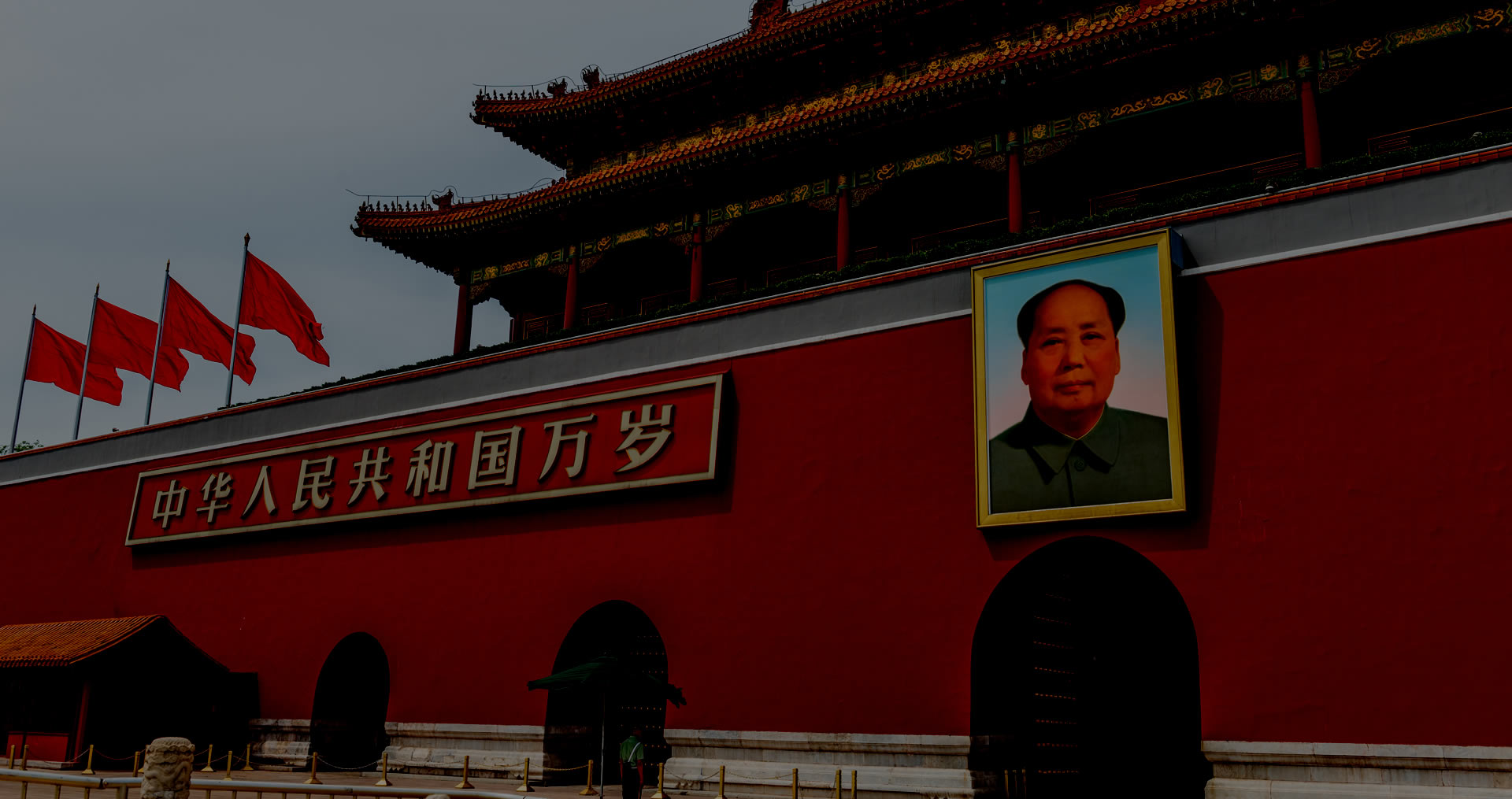


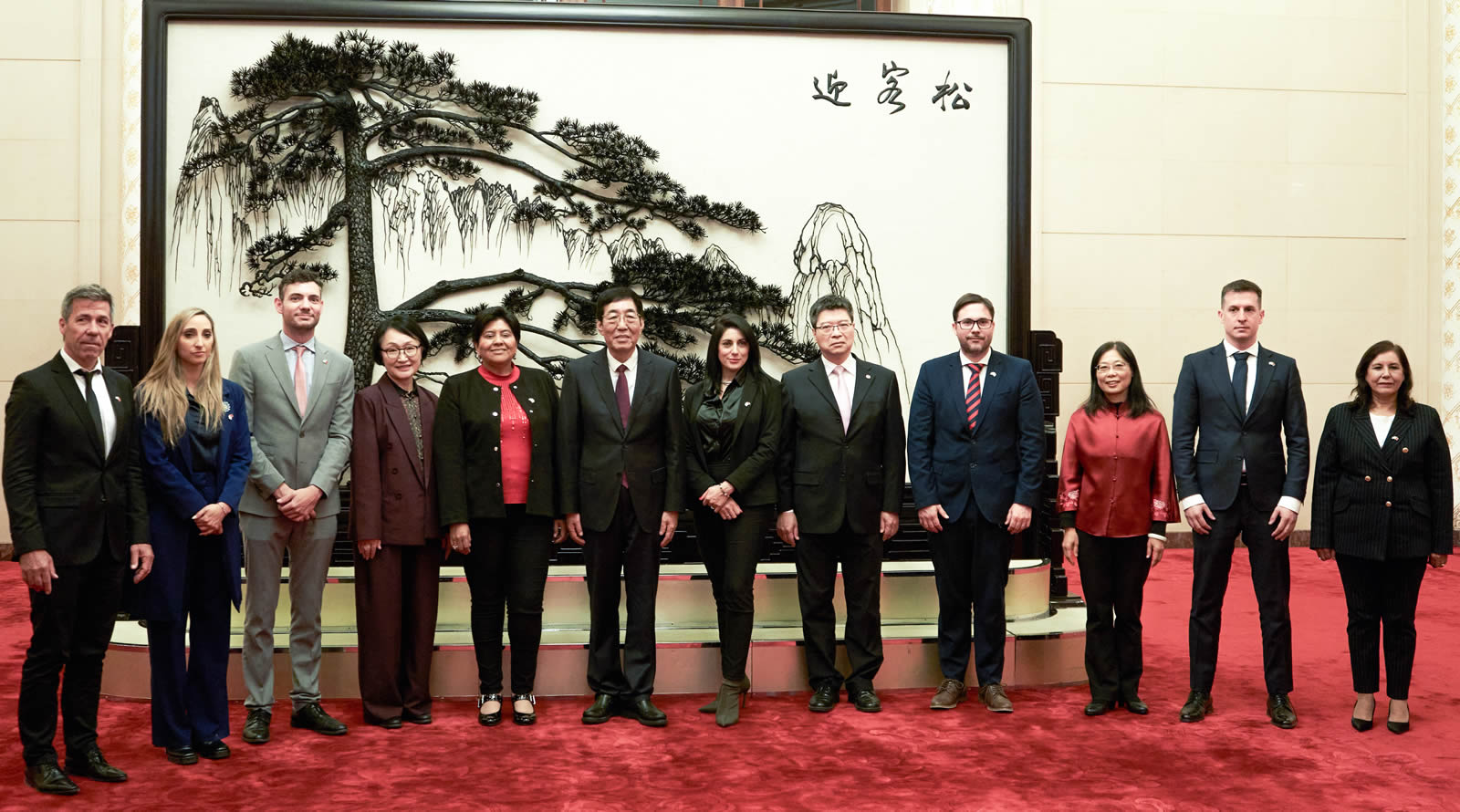
 Leer esta nota en Español
Leer esta nota en Español
